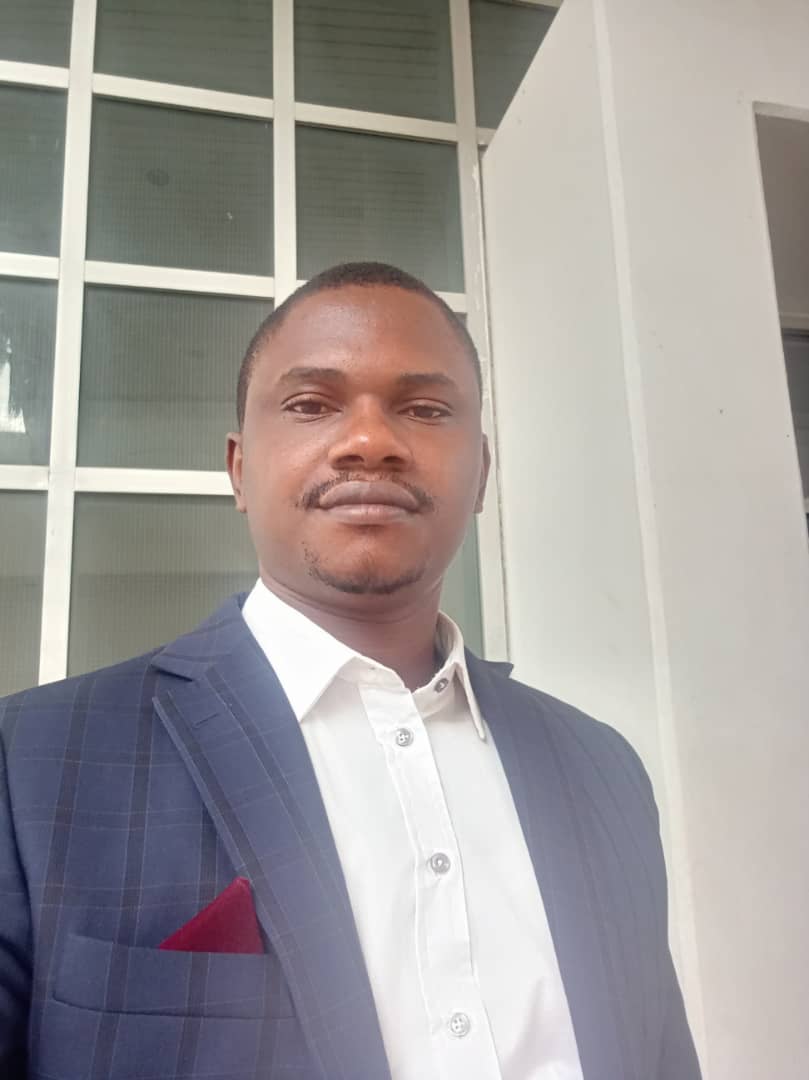PAG Felicitates Muslims on Commencement of Ramadan Fast
February 18, 2026TOP TEN MUSLIM UNIVERSITIES IN AFRICA
February 14, 2026ANALYSIS: Why Nigeria GDP is not the best in Africa Despite having the largest market
February 10, 2026Exclusive: Ten (10) major things to know about Resident Doctors’ ongoing strike action
Exclusive: Ten (10) major things to know about Resident Doctors’ ongoing strike action

In an exclusive interview with Dr. Ijaiya Mubaraq Adeyemi, Chairman of the Nigerian Association of Resident Doctors (NARD) University of Ilorin Teaching Hospital (UITH) Chapter, it was revealed that the ongoing strike action of the resident doctors is premised on five major demands put forth to the federal government by the association.
Dr. Ijaiya emphasized that one of the critical issues affecting healthcare delivery across the nation, not limited to a particular center, is the shortage of manpower. This scarcity, according to him, is as a result of bureaucratic bottlenecks in the recruitment process, where it takes an average of six to eight months, and in some cases, even longer, for management to obtain approval for new hires.
The NARD chairman highlighted another issue addressed in their communique, which is a bill sponsored by Honorable Johnson. The bill proposes withholding medical licenses from newly graduated doctors for a period of five years. The association strongly opposes this bill, as they believe it would exacerbate the problem of brain drain and have a detrimental impact on the entire healthcare sector.
Furthermore, Dr. Ijaiya also drew attention to the Abuja Declaration made in 2001, emphasizing that the government is yet to implement the agreement, which calls for allocating 50% of the national budget to the health sector. He stressed that fulfilling this agreement would go a long way in improving the healthcare system and suggested that the federal government should consider allocating 15% of the total budget specifically to health.
Another critical issue raised by the NARD, according to the chairman of the association, is the significant delay in salary payments and the process of capturing resident doctors for payment.
“In some instances, doctors have reported waiting for up to five to six months before receiving their salaries. This administrative inefficiency not only discourages individuals from pursuing specialist training but also contributes to the brain drain phenomenon, as doctors seek better opportunities abroad,” he stressed.
Dr. Ijaiya further discussed the deplorable state of healthcare infrastructure, highlighting the obsolete equipment being used in medical practice. He recounted an incident where a professor revealed that the same outdated equipment he used during his training was still being employed today. The NARD chairman stressed the urgent need for the federal government to invest in modern technology and upgrade healthcare infrastructure to align with international standards.
Additionally, he mentioned the need for state and private institutions to domesticate the Medical Research and Training Act, adding that several state governments have failed to implement this crucial legislation. NARD, therefore, calls on the federal government to address this disparity.
Part of the demands by the association is the reduction or prevention of recruitment waivers, as the current workload on healthcare professionals is overwhelming. Ijaiya highlighted the dire situation where only two nurses are assigned to a ward with 50 patients in a clinic. This understaffing issue, he said, significantly contributes to long waiting times for patients seeking medical attention.
He stressed that the excessive workload on doctors is resulting in doctors attending to at least 100 patients during a single clinic day, far exceeding the recommended limit set by the World Health Organization (WHO).
“This situation further highlights the urgent need for additional healthcare professionals,” he stated.
Among the NARD’s demands, one of the key issues is the recruitment process and the associated bottlenecks. The association urges the government to take necessary actions to address this matter promptly. It is worth mentioning that in April, the Minister of Health acknowledged the need for action and received recommendations from the association. He, however, maintained that there has been no official circular or directive issued to address the recruitment challenges and streamline the process.
The NARD expects the government to heed their concerns and take appropriate measures to rectify the recruitment system, allowing for smooth and efficient replacement of departing healthcare professionals with qualified individuals who are ready to fill those positions. It is essential to implement these changes to alleviate the burden on healthcare workers and ensure timely and accessible healthcare services for the Nigerian population.
In conclusion, Dr. Ijaiya expressed hope that the federal government would take their demands seriously and initiate a deliberation process. He emphasized the urgency of addressing these issues to find a way forward and improve the healthcare sector in Nigeria.
It should be noted that the five-day strike action, which began on Wednesday 17th May, is a warning strike with a view to addressing the pressing issues and the “need to come to the drawing table, dialogue and agree on what we feel will actually be beneficial to both parties.”











